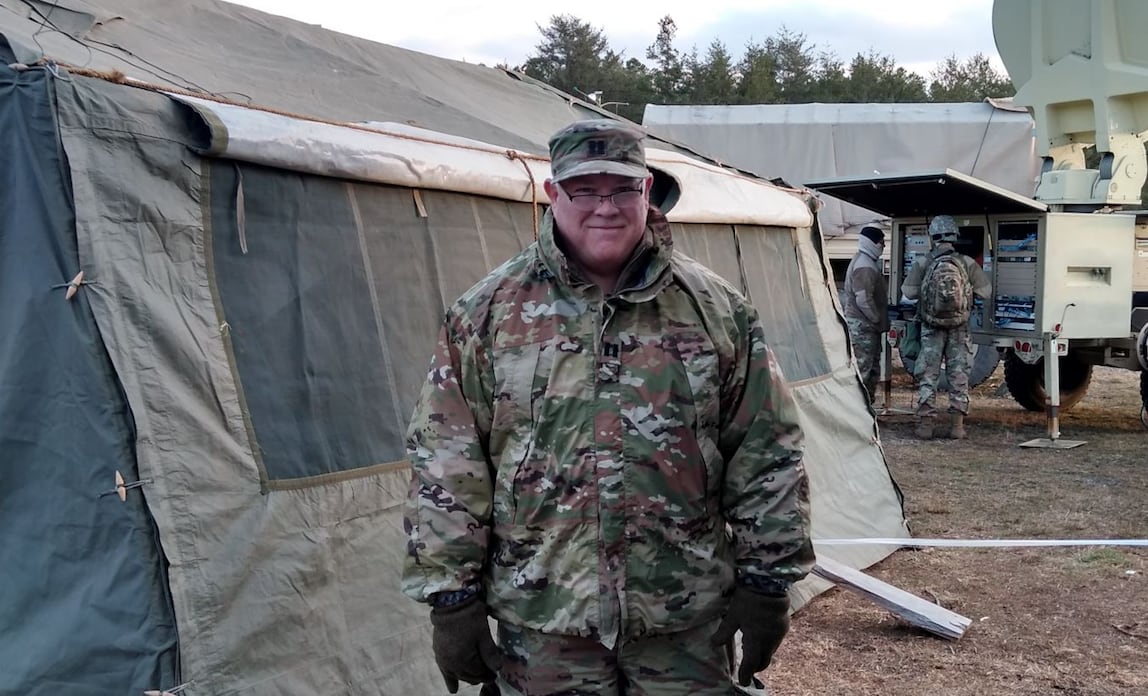When President Donald Trump authorized National Guard units to receive federal funds to pay for COVID-19 response, Guard leadership hailed the move as something that would increase benefits for those troops.
The move would not only speed up Guard response by having the federal government pick up the tab, but under what is called Title 32 authority, Guard troops would stand to benefit, Chief of the National Guard Bureau Air Force Gen. Joseph L. Lengyel told reporters in a March 23 conference.
That’s because they would receive essentially the same benefits as active duty troops, including Tricare health insurance, increased Basic Allowance for Housing, points toward retirement and full GI Bill benefits.
But it turns out there is a catch.
Title 32 authorizations have only been given for 30 days. Troops must be mobilized for at least 31 days to receive Tricare benefits and a higher BAH. And that has the National Guard Association of the United States up in arms.
“This action covers the troops’ pay, while keeping them under the command of their governor, who knows best how to employ them in this crisis,” said Retired Mississippi National Guard Brig. Gen. J. Roy Robinson, the NGAUS president.
“It was also supposed to provide health care in the form of the military’s TRICARE medical coverage. Unfortunately, that is not happening.”
The main concern, Robinson told Military Times, is that because troops are often mobilized away from home and not near base medical installations, they would have to pay out of pocket to seek civilian medical care.
“Part of the reason for going to Title 32 is that these troops are going to be constantly exposed to people and other places where this sickness can be transmitted,” Robinson said. “It is more important now than any other time for them to have Tricare insurance."
Robinson said many troops, especially in rural states, don’t have their own personal heath insurance and rely on Tricare.
A National Guard official, speaking anonymously because he was not authorized to comment, said the Guard is aware of the issue and trying to find a solution. Officials from the Pentagon did not immediately respond to requests for comment.
It is unclear how many troops are affected. Currently, 11 states, two territories, and Washington D.C. are on Title 32 status, with another 26 states awaiting review.
All told, there are now more than 18,000 National Guard troops mobilized in the COVID-19 response effort.
RELATED

New Jersey National Guard Capt. Douglas Linn Hickok, 57, became the first service member to die from COVID-19 exposure when he succumbed to the illness on March 28. He was not mobilized in the anti-virus effort.
This is a developing story. Stay with Military Times for updates.
Howard Altman is an award-winning editor and reporter who was previously the military reporter for the Tampa Bay Times and before that the Tampa Tribune, where he covered USCENTCOM, USSOCOM and SOF writ large among many other topics.









